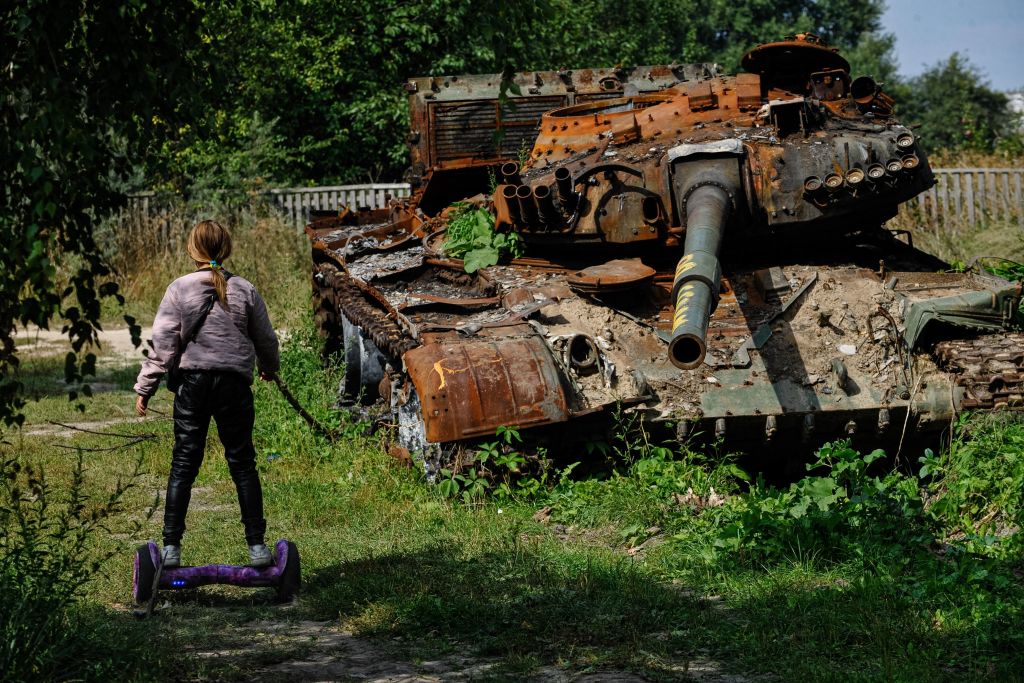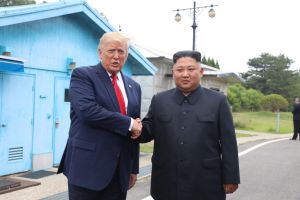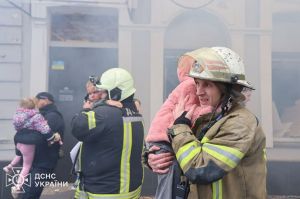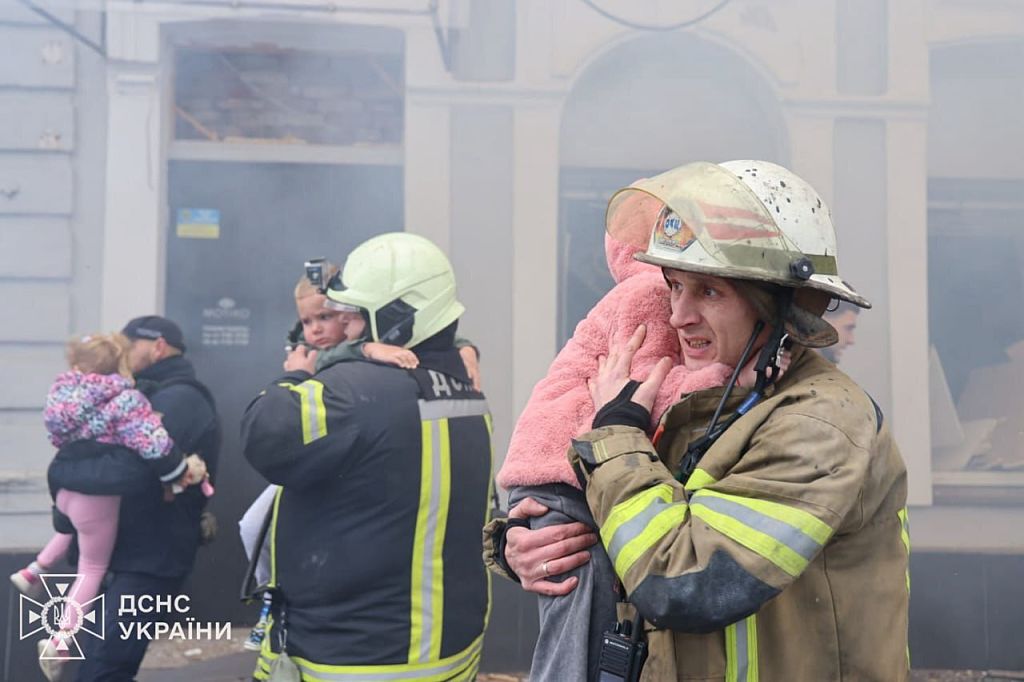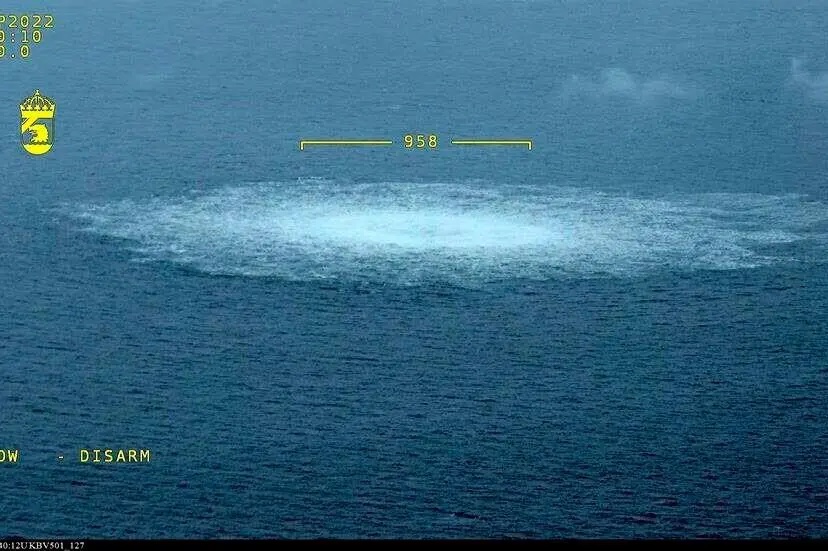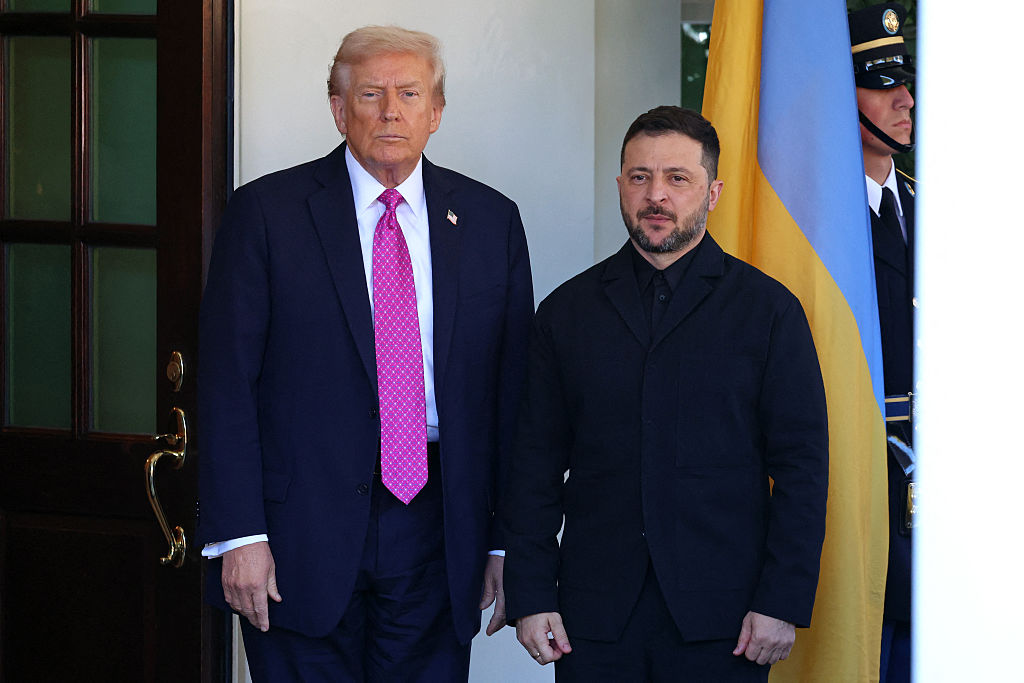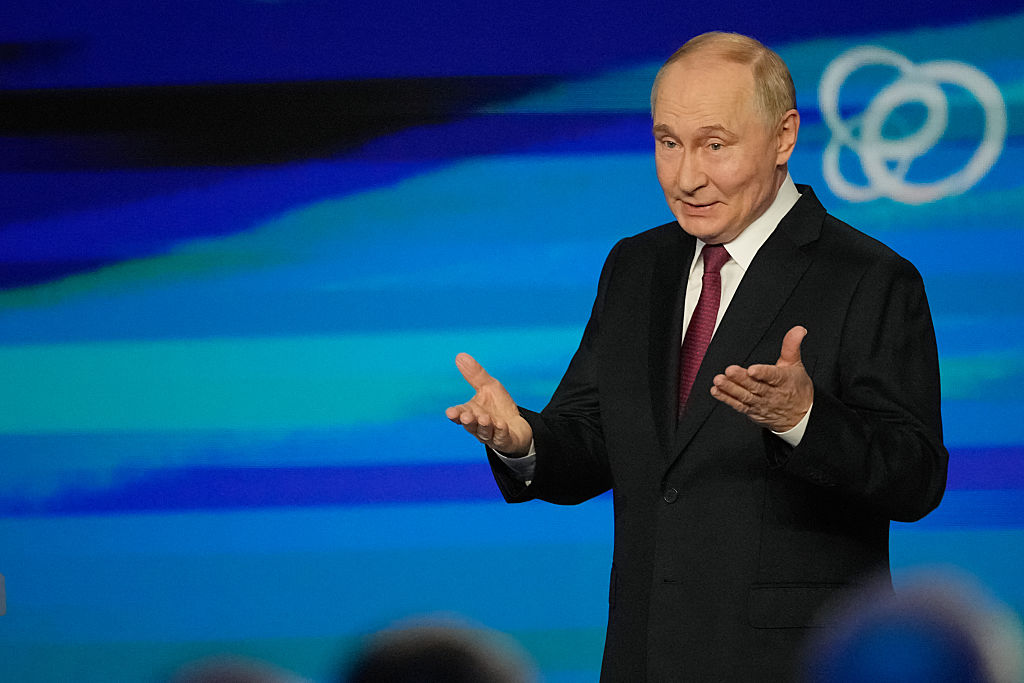Ukraine’s swift counter-offensive has captured more territory in four days than Russia’s huge army did in six months. The victories go beyond the 3,000 kilometers of liberated land. The Ukrainians have managed to break and scatter the enemy army across city after city in Kharkiv (in the country’s northeast) and are now moving swiftly into Luhansk (in the north Donbas region).
Russian commanders have abandoned major cities and supply hubs, forfeited their hard-won control of vital rail lines and highways, and fled eastward for their lives. Their soldiers have dropped their guns and abandoned vast stores of heavy weaponry, from tanks to anti-aircraft batteries. It has been a complete rout.
How did Ukraine accomplish this swift and unexpected victory? With very shrewd tactics, courageous fighters, superior intelligence, and precision weapons donated by the US, Britain, Poland, and other NATO partners. The intelligence was supplied by the US and NATO, plus partisans behind the lines and Ukrainian drones. Their work pinpointed Russian troops, supplies, and command centers, which were then destroyed by HIMARS missiles and advanced artillery.
Not only was the Kharkiv offensive well-coordinated and efficiently executed, it completely surprised Russian forces in the area. That’s extraordinary in today’s information age. Yet the Ukrainians managed it, completely blocking any leaks about a forthcoming attack. Ukraine’s operational security bespeaks both a skilled military and a nation united by Russia’s unprovoked aggression.
The Kharkiv counter-offensive was opportunistic in the best sense. Unlike the battle now unfolding in the southern region of Kherson, just north of Crimea, the battle for Kharkiv was not prepared for months. In the south, Ukrainian officials repeatedly said they were planning to retake the region. Then, having lured more troops into an indefensible position, they prepared the battlefield by severing bridges and exploding ammunition dumps, cutting off the Russians’ resupply. Doing that in Kharkiv would have eliminated any chance for surprise.
Surprise — followed by swift movement across Kharkiv — was possible because Moscow had too few troops to hold that hostile territory. Its forces were thin from the start of the invasion last February, when Russia expected to seize the capital city with blitzkrieg speed. When that failed and the war dragged on, Moscow found it impossible to adequately reinforce its positions with well-trained soldiers. It simply didn’t have them. It had to rely on mercenaries, conscripts, and poorly trained cannon fodder. Russia’s already-thin forces in Kharkiv were depleted even further as military planners began withdrawing troops and equipment and moving them south to fight in Kherson.
Ukraine’s openly declared plans to retake Kherson were not a feint, designed to draw Russian forces away from the north. Kyiv really did intend to fight there. It is doing so now and gradually winning. It deliberately drew Russian forces into the territory north of the Dnipro River and then strangled Russia’s efforts to resupply its forces with food, ammunition and equipment.
The battles for Kharkiv and Kherson are, in effect, a two-front counter-offensive, conducted by an army that had been on defense since the war began. The two fronts reinforce each other, straining the Russian army to the breaking point.
There’s still a lot we don’t know about this rapidly changing war:
- We don’t know yet how far into Luhansk the Ukrainian army can penetrate. That depends partly on whether Russian commanders decide to pull back from all the frontline cities they captured and try to regroup
- We don’t know whether the panic and chaos that suffused the Russian army in Kharkiv will spread to the Donbas and further south. Panic like that seldom remains isolated. If it does spread, then a wider military collapse is possible
- We don’t know how Moscow will respond. Putin and his toadies don’t have many good choices, and they know it. They know it is politically risky to attempt national mobilization, which is why Putin has avoided it. They know it would take a year or more before newly mobilized troops could be trained. Until then, they are just souls to be sacrificed
- Finally, we don’t know whether this catastrophic defeat will finally provoke open opposition to Putin, whose strategic incompetence is matched only by his megalomania and dreams of national glory. Putin himself probably cannot withdraw from his own war of choice and remain in power or, indeed, in the land of the living
In the face of this military debacle, we don’t know whether the military and security services will finally turn on the man who led them into it. What we do know is that his control over Russia has never been more imperiled. And we know the reason: Ukraine’s extraordinary success on the battlefield.



